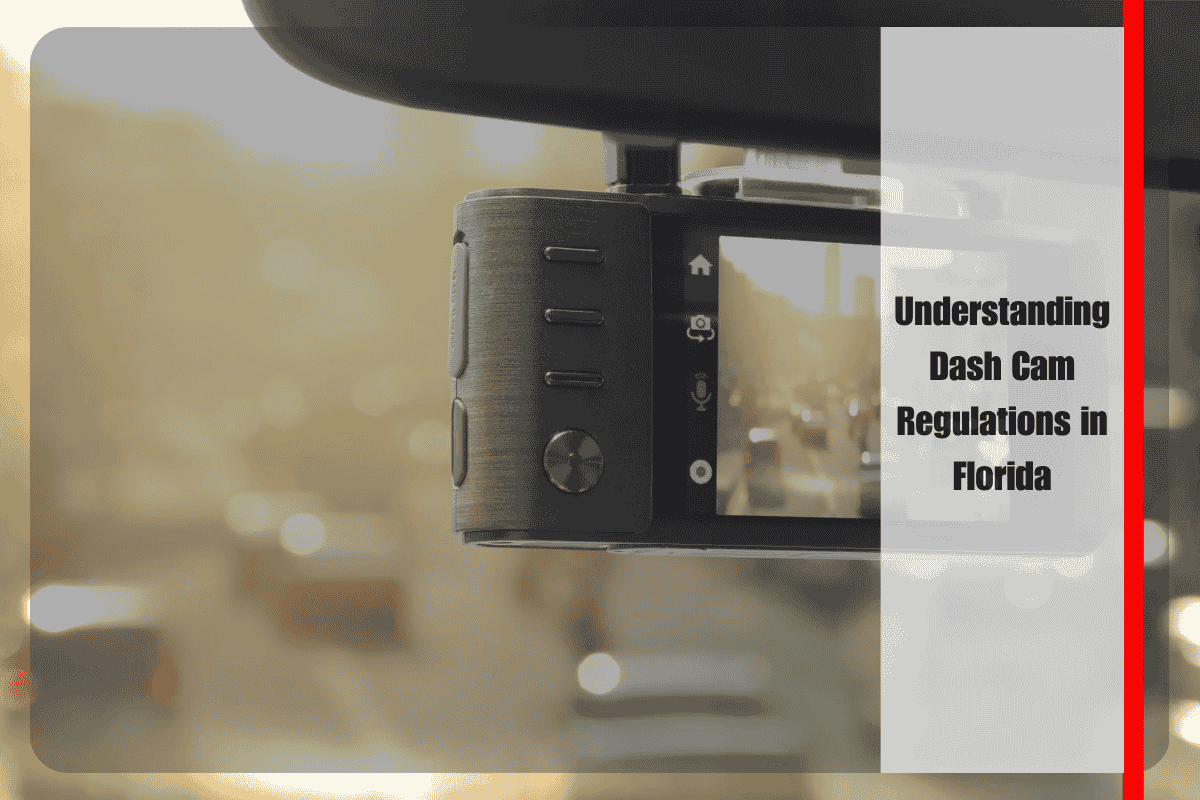Dash cams are legal in Florida, but their use is subject to specific regulations regarding both placement and privacy. Florida law prohibits placing any object on the windshield, side, or rear windows that obstructs the driver’s clear view of the road, as outlined in Florida Statute 316.2004. This means a dash cam must be installed in a way that does not block your vision, with common legal placements being behind the rearview mirror or in the lower passenger-side corner of the windshield.
Florida is a two-party consent state for audio recordings, governed by Florida Statute 934.03. If your dash cam records audio inside the vehicle, you must inform and obtain consent from all passengers before recording. Secretly recording conversations without consent is illegal and can result in criminal charges, including felonies or misdemeanors depending on the circumstances. Video recording outside the car is generally permitted, as there is no reasonable expectation of privacy in public spaces.
Dash cam footage can be used as evidence in Florida courts if it was obtained legally, meaning the device did not obstruct your view and any audio recordings complied with consent laws. The footage must also be authentic and unaltered to be admissible. Tampering with or editing the footage can render it inadmissible and may be viewed as an attempt to conceal information.
Dash cams are allowed in Florida as long as they do not obstruct the driver’s view and all parties consent to any audio recording inside the vehicle. Proper placement and compliance with privacy laws are essential to avoid legal issues and ensure any footage can be used in court if necessary.
Sources
[1] https://www.andrewpickettlaw.com/blog/florida-dash-cam-laws/
[2] https://www.ftlinjurylaw.com/blog/florida-dash-cam-laws/
[3] https://www.wpricepa.com/blog/are-dash-cams-legal/
[4] https://beersandgordonlaw.com/are-dash-cams-legal/
[5] https://pl-law.com/florida-dash-cam-laws-how-dash-cam-footage-can-help-your-case/












